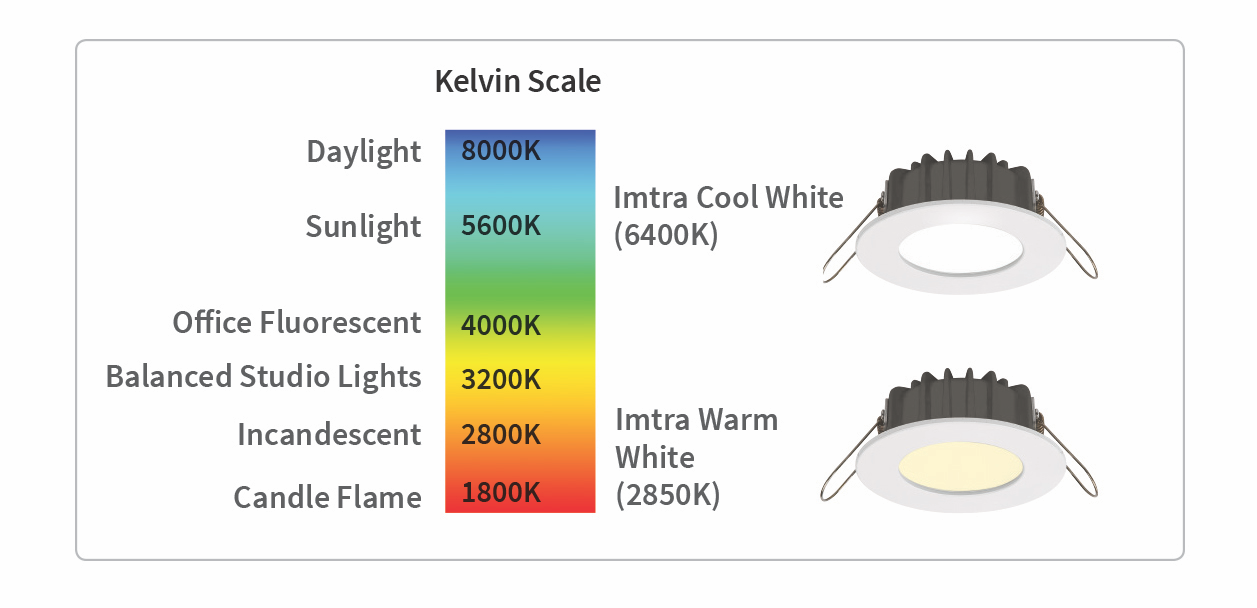Throughout the past two decades, LED technology has progressed at a rapid pace and overtaken all other forms of lighting as the primary light source used on boats. As a result, there are now seemingly endless options for LED lights on your boat, so how do you choose? In this article, we’ll explore the factors to consider when outfitting your boat with LED lights and how to choose the best ones to fit your needs.
Why LED Lights are Best for Boats
LED light fixtures have become the universal choice of boat builders and marine outfitters around the world, and for good reason. When compared to older lighting technologies, like halogen or incandescent, LEDs offer several more benefits to boaters. First and foremost, they draw significantly less power than halogen fixtures with similar light output, so they offer power savings for your boat’s battery bank. They also produce significantly less heat, making them more efficient and less of a fire hazard onboard. LEDs can also be manufactured to more exact specifications, so getting consistent light color is more common in LEDs than in halogen fixtures, as the halogen relies on a filament heating up and glowing to produce light, so the resulting light color is more likely to be inconsistent from one fixture to the next.
4 Factors to Consider When Choosing Marine LED Lights for Your Boat
1. Voltage
The first and most important factor to consider when purchasing LED lighting for your boat is the power supply. Almost all marine LED light manufacturers offer their lights for 12VDC & 24VDC power supplies, and many manufacture them so that they can accept any power in the range of 10-30VDC. However, if you have a 32VDC power source on your boat, or want to run them on AC power, your options will become far more limited which can either narrow your choices down, or you can consider installing power-converters for your lighting circuit. In any case, making sure the LED lights you purchase are compatible with the power source on your boat is the most important first step.
2. Dimmability
Not all LED lights are dimmable, and many require specific dimming modules so it’s important to consider whether or not you want or need your lights to dim. If you do want dimmable LEDs, it can often be beneficial to stick with one brand of lights throughout the boat so that the same dimming modules can be used for all of your lights. Depending on the manufacturer and the technology, dimming LEDs can sometimes require using a third or fourth wire in addition to the two power wires – positive & negative – which can make the installation process more laborious or expensive. Many manufacturers, Imtra included, use two-wire dimming technology so that the same wires that power the light are also used for dimming.
3. Light Color
Because LED driver boards can be configured with seemingly infinite combinations of different colored diodes, light fixtures that produce multiple colors have become increasingly common on boats, so it’s important that you consider if this is something you might want. Multi-colored lights can be good choices for functional reasons, like using a red light while standing watch at night so as not to ruin your night-vision, or for aesthetic reasons to give your boat that extra pop of color. Many LED light manufacturers offer bi- or tri-color lights which can cycle between two or three different colors if you want a fixture that can do another color beyond a standard white. Additionally in more recent years, manufacturers like Lumishore with their LUX collection make lights with full-spectrum color-changing ability to produce any color you want using your smartphone as a controller.
4. Color Temperature
Color temperature is also an important consideration when it comes to the non-colored lighting on your boat. Color temperature is used to describe the appearance of the light produced from a fixture, measured in degrees Kelvin (K) on a scale of 1,000 – 10,000; though the majority of the lights we see in our everyday lives fall in the range of 2,000K – 6,000K. The lower end of the scale is known as “warm white” and appears to our eyes as more of an amber color, while the upper end of the scale is known as “cool white” and appears to us as a crisp, bright, often blueish light. In between the two is knowns as “neutral white”.

Warm white lights are what we more typically find in living spaces like dining areas or sleeping quarters, while cool white is typically used in utility spaces like work benches and engine rooms. It’s important to consider the color temperature of the light fixtures in your boat so that you don’t end up with a harsh white light over the dining table or a softer warm white light in the engine room when you need to see what you’re working on clearly.
Additional Considerations When Choosing Marine LED Lights for Your Boat
The three main factors above will go a long way in helping you narrow down the lighting options for your boat, but there are still more considerations. LED lights come in all shapes, so you can choose round or square, spotlights or long linear lights. You also have to consider how they’ll be installed be it surface-mounted or recessed, mounted with springs or with screws, and so on. You’ll also have to consider whether you’d like to control them with wall switches for multiple lights in a circuit or individually with light fixtures that have switches built in.
With all the LED lighting options available, it is often beneficial to consult an expert once you have the basics narrowed down, so feel free to reach out to us at Imtra for any advice or to answer any questions, we’re happy to help!